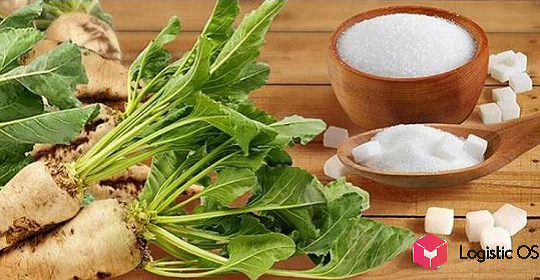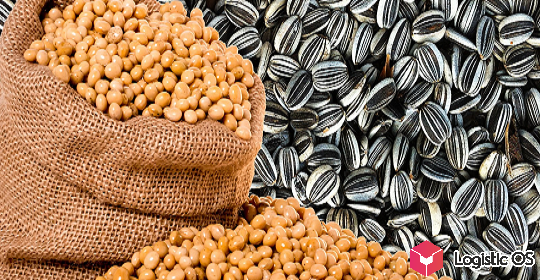Prices for pork and beef on the domestic market increased by 19% and 7.8%, respectively.
The Ministry of Agriculture continues to take steps to curb rising food prices and protect the domestic market from high inflation.
The annual demand of Russia in the import of frozen pork and beef is 200 thousand tons each.
It is for this volume that it is proposed to introduce a «zero duty».
Beef
In 2021, the EAEU made changes to the schedule of tariff interventions, as a result of which, since October 2021, beef importers (and the main volumes are imported to Russia from Latin America and India), when entering the Russian Federation, lost the opportunity to receive a discount on the duty.
Now its minimum value is 15%.
Inevitably, products for Russia will rise in price — such costs will lead to an increase in the cost of imports by about 4%.
In addition, the average world meat prices have already increased by 30% over the year: only by September 2021, their growth amounted to 4.4%.
Thus, there will be imports of inflation, accelerating the rise in food prices within our country.
Pork
Pork production in Russia has steadily increased, but a decline began in September following outbreaks of African plague in several regions.
To restore production, it is required to eliminate outbreaks, carry out destruction, withstand quarantine, and only after that start raising a new livestock.
According to the data of the Ministry of Agriculture of Russia, there may not be enough of its resources to meet the needs: presumably, the affected enterprises can reduce supplies by 200 thousand tons in 2022.
Accordingly, this volume will have to be imported (in 2020 Russia imported 4.4 thousand tons of pork, at the end of October 2021 the volume of pork imports amounted to 2.5 thousand tons).
At the moment, the duty on the import of pork is 25%.
Taking into account the decrease in the cost of the product on the world market, the «zeroing» of the duty will make it possible to receive imported products at a price close to the Russian one.
How will the “zeroing” of duties affect domestic producers?
Most likely, this step will be perceived as unfair: manufacturers are investing in production, focusing on customs and tariff policy, as well.
According to experts, the most acceptable and correct would be the tariff escalation , when high export duties are imposed on raw materials and low on finished products.
At the same time, on the contrary, a minimum duty is set for the import of raw materials, and a higher duty is set for finished products.
The use of tariff escalation can stimulate local production.
The main fear of introducing «zero» duties on meat imports is the emergence of competition between domestic products and cheap imports.

